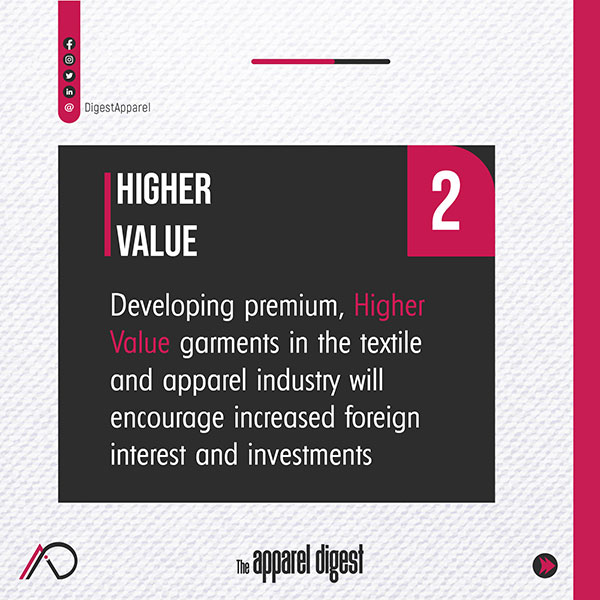South Korea has recently unveiled a comprehensive strategy aimed at enhancing the competitiveness of its textile and fashion industry, with an ambitious vision set for 2030. Announced by Trade, Industry, and Energy Minister Dukgeun Ahn, this strategy is designed to address key global trends, such as the rapid growth of the industrial textile market, the accelerating demand for eco-friendly transitions, and the increasing digitalization across all areas of production.

The strategy focuses on three primary areas including advancing the industrial textiles sector, facilitating an eco-friendly transition, and accelerating digital transformation.
To advance industrial textiles, the government plans to invest KRW 2.9 trillion in developing high-performance materials like aramids and carbon fibers, and to establish new alliances and certification centers to support innovation. This effort aims to significantly increase Korea’s global market share in industrial and eco-friendly textiles from the current 2-3% to 10% by 2030.
In terms of eco-friendliness, the strategy emphasizes the development of technologies for recycling, vegan leather, and biodegradable fibers, with ₩31 billion allocated for green initiatives such as waterless dyeing and waste heat recovery. Waste heat recovery facilities will be provided to over 200 SMEs, and new carbon emissions standards and eco-design guidelines will be introduced. These initiatives are part of a broader goal to reduce the industry’s carbon footprint and meet international environmental standards.

The strategy also prioritizes digital transformation, with plans to integrate AI and digital technologies across the value chain. By 2026, the government intends to deploy AI systems to streamline product design, reducing design times by over 80%, and to establish Connected Micro Factories to enhance collaborative production capabilities.
The ministry will continue to reinforce the foundation of the textile and fashion industry by focusing on talent development and international collaboration. By 2028, the goal is to train 1,000 professionals at the master’s and doctoral levels in eco-friendly practices and digital technologies to address the growing need for expertise in these high-tech areas within the industry.
Furthermore, the ministry plans to engage in cross-ministerial efforts to secure globally recognized sustainability certifications, enhance participation in international exhibitions, and promote the use of high-quality domestic textiles in the public sector.

